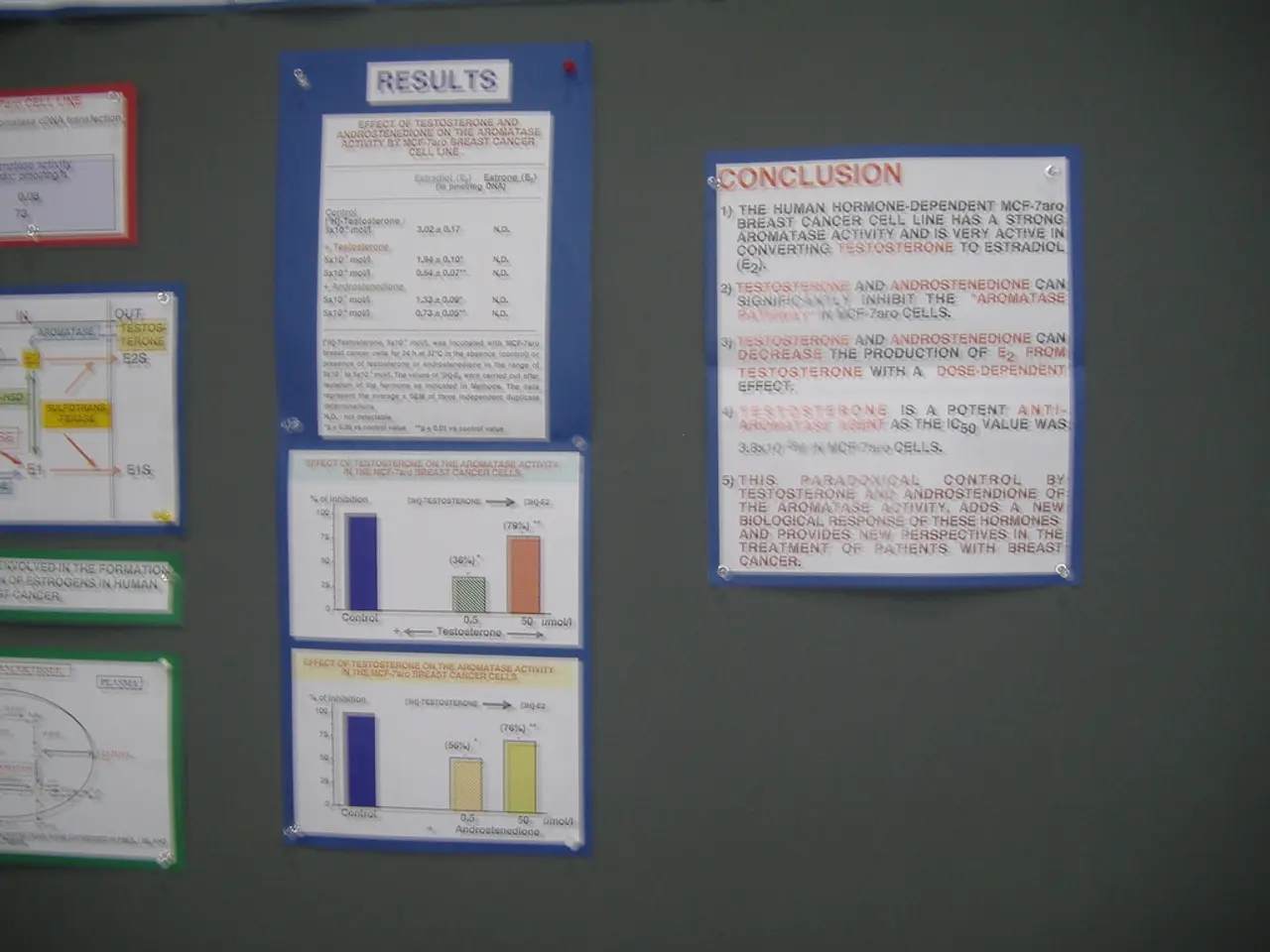"Discussing with Vítor Constâncio, the necessity of the ECB to lower interest rates, suggesting that failure to do so would be an error"
The European Central Bank (ECB) is set to make a crucial monetary policy decision on Thursday, with the future of the European economy hanging in the balance.
If the ECB decides against cutting interest rates by 25 basis points, as expected due to the prolonged stagnation of the economy, it could be seen as a policy mistake. This is particularly true given the recent suggestion by Philip Lane, the ECB's chief economist, that inflation could accelerate in the last months of the year.
Inflation in September stood at 1.8%, still below the ECB's target of inflation below, but close to 2%. If inflation accelerates as expected, another cut in December may not be necessary.
The ECB's Governing Council, which takes decisions often by consensus but not always unanimously, has a keen interest in service inflation and wage growth. The bank aims for inflation that is below, but close to, its target, and a further interest rate cut could help achieve this.
However, the ECB is not strictly data dependent. It is data-informed and not pre-committing to future decisions. This means that the bank's monetary policy is influenced by a variety of factors, not just economic data.
One such factor could be the development of a European safe asset. Such an asset could boost liquidity, lower the cost of capital, and enhance the role of the euro. This is an idea that has been floated in the past, and it could potentially play a role in the ECB's decision-making process.
The ECB's decision will also be influenced by the global debate on monetary policy. The Federal Reserve's actions, for instance, have a significant impact on this debate. However, the ECB is not expected to do exactly the same as the Fed, despite the influence of the Fed's decisions.
The ECB's actions are particularly important given the current economic and inflation scenario. If a Trump win were to occur, there are concerns that he could be a menace to Europe. In such a scenario, the ECB's monetary policy could play a crucial role in stabilising the European economy.
However, monetary policy alone is not efficient in taking an economy out of recession. Europe needs a big jump in public investment. Unfortunately, the European recovery needs fiscal policy, but it is not currently available due to fiscal rules and debt break legislation.
This means that the ECB's monetary policy decision is a crucial one, not just for the immediate future of the European economy, but for the long-term health and stability of the continent.
For those interested in learning more about the ECB's decision and the thoughts of its key figures, an interview with Mario Draghi, the former President of the ECB, is available in French and Spanish on the Grand Continent website.
Read also:
- Peptide YY (PYY): Exploring its Role in Appetite Suppression, Intestinal Health, and Cognitive Links
- Toddler Health: Rotavirus Signs, Origins, and Potential Complications
- Digestive issues and heart discomfort: Root causes and associated health conditions
- House Infernos: Deadly Hazards Surpassing the Flames







